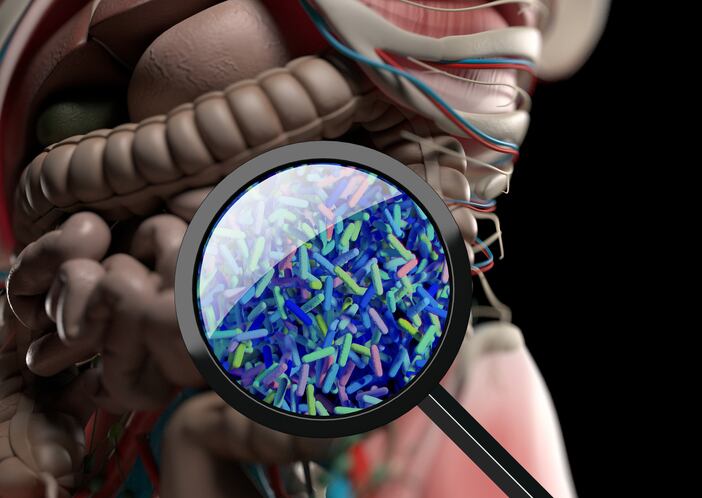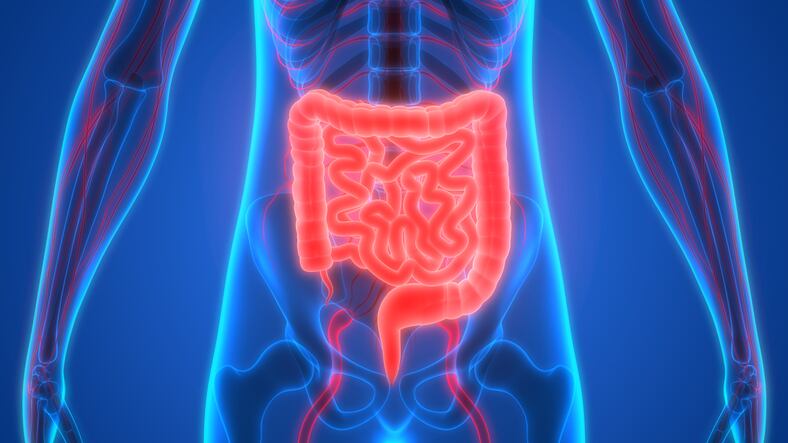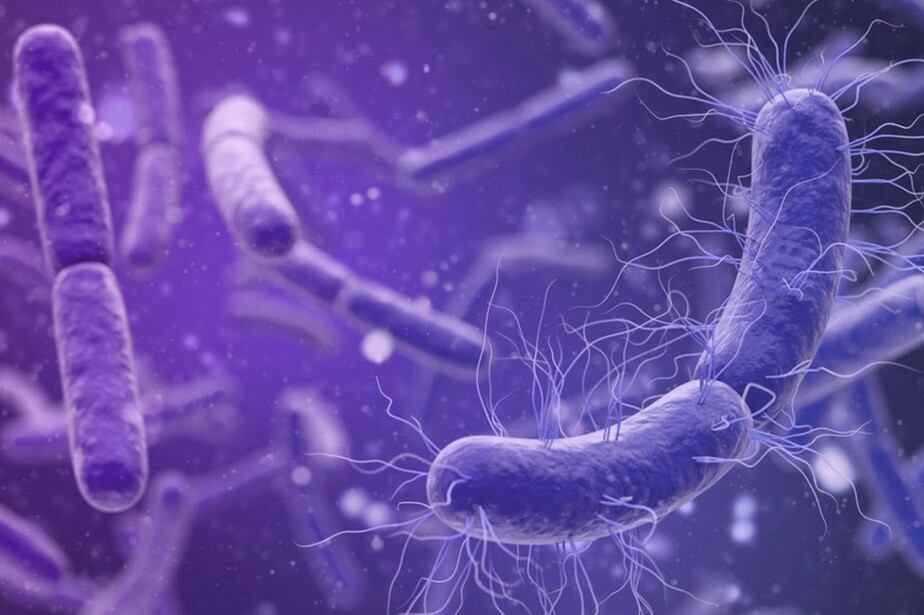Dr Andrey Shkoporov, from the world leading APC Microbiome Ireland SFI Research Centre in University College Cork, Ireland, has been awarded a prestigious Wellcome Trust Research Career Development Fellowship to better understand recently discovered CrAssphage viruses in the gut microbiome, which he grew in a lab for the first time.
The human body contains trillions of bacterial viruses (bacteriophages) that form part of our microbiomes and the most abundant of these viruses are the CrAssphages, which had never been grown in a lab until Dr Shkoporov managed to do so in 2018.
The Wellcome Trust funding of €910,000 over five years will now allow Dr Shkoporov to better understand the unusual CrAssphage lifestyle which allows them to continuously co-exist with their bacterial targets at high levels. This project project has been supported jointly by Science Foundation Ireland and Janssen Biotech (part of Johnson&Johnson).
Many diseases have been linked to the composition of the gut microbiome. However, current microbiome science lacks complete understanding of the role of bacteriophages – viruses that infect bacterial cells.
Researchers at APC Microbiome Ireland have been studying the gut microbiome for over 15 years and a team of researchers, led by Prof Colin Hill and Prof Paul Ross, are focusing on the virome, sometimes referred to as the ‘dark matter’ of the microbiome.
Among the questions they have been asking are what role bacteriophage may play in microbiome structure, whether or not they have a direct effect on human physiology, and if we can use them as biomarkers of microbiome stability and diversity.
“My research focuses on understanding crAssphage lifestyle, which could have significant impacts for the development of therapeutics, improving human health and advancing our understanding of our own body composition,” said Dr Shkoporov. “I predict that future advances will depend on our ability to understand how functionality of individual bacterial cells, and the whole microbiome, is affected by bacteriophages.”
From Moscow originally, Shkoporov has been living with his family in Cork for the past 5 years where he has worked with Prof Colin Hill in the gut phageomics group at APC Microbiome Ireland.
Shkoporov holds doctoral degrees in medicine and microbiology from the Russian State Medical University in Moscow, where he also spent several years as a postdoctoral scientist working on bacteria of the human gut.
His recent work in the APC has been focused on the role of bacteriophages, attacking anaerobic bacteria, in inflammatory bowel disease (IBD), and their potential to serve as biomarkers of gut inflammation.





